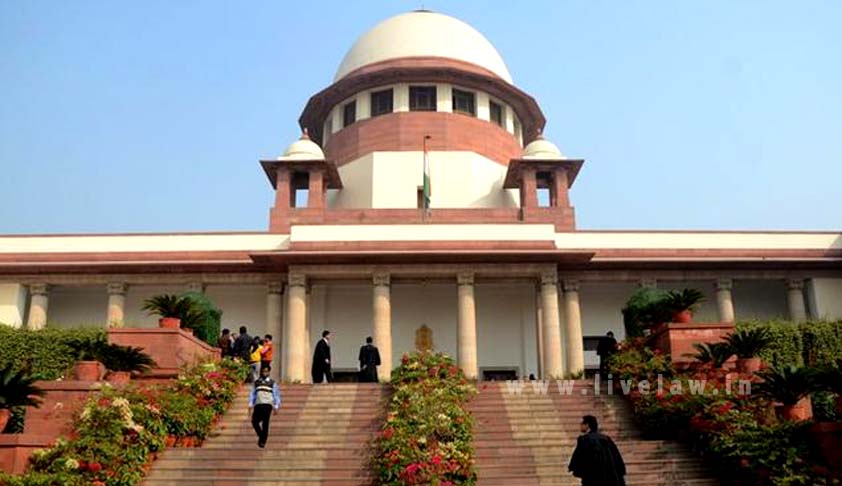- Home
- /
- Cover Story
- /
- SC reopens Tomorrow: A list of what...
SC reopens Tomorrow: A list of what is in store
LIVELAW NEWS NETWORK
28 Jun 2016 4:48 AM IST
Supreme Court will reopen Tomorrow after a 45 day summer break to a packed schedule. Following are the main issues of public interest coming up in the immediate future:VERDICT IN ARUNACHAL CASE: Supreme Courtis soon expected to deliver its verdict on an appeal against the Gauhati High Court order that upheld the discretionary powers of Governor J.P. Rajkhowa to summon or advance a sitting of...
Next Story



